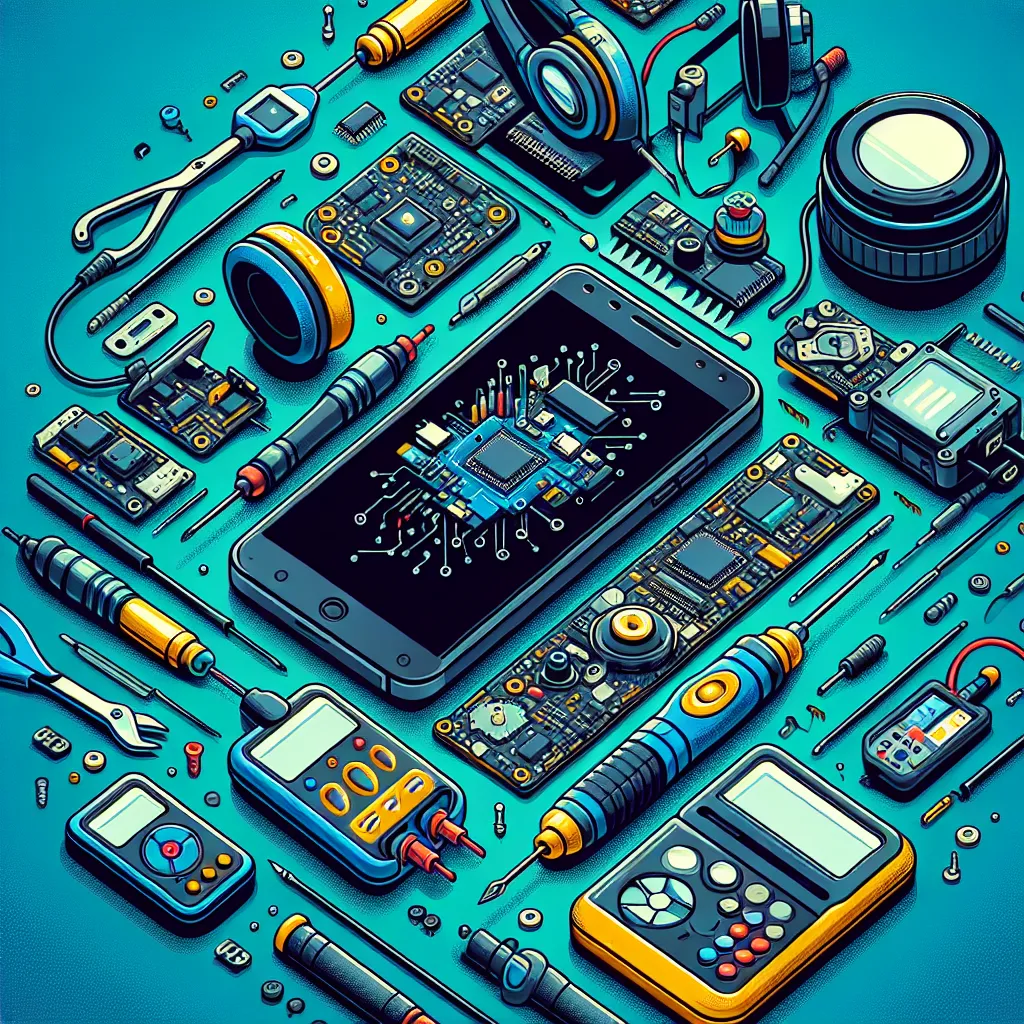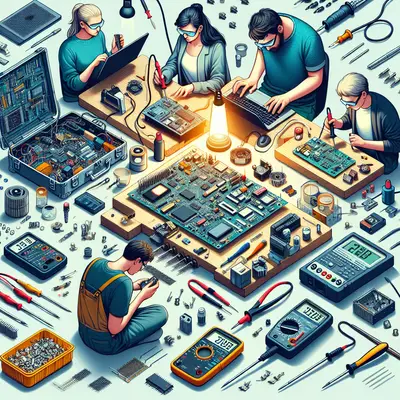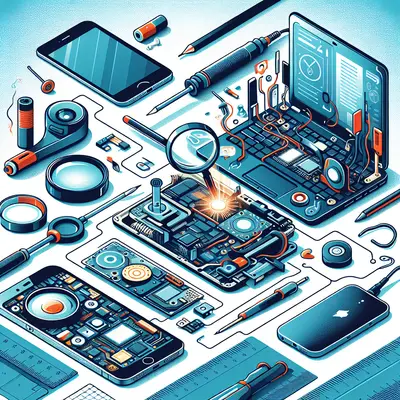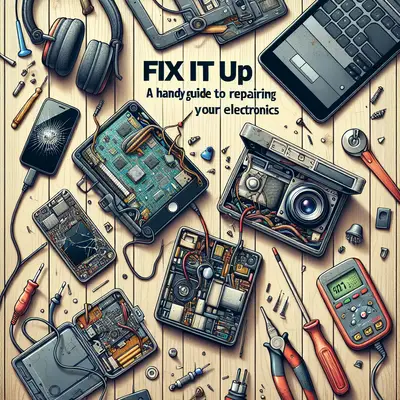Gadgets are an integral part of our daily lives, but what happens when they start to falter? Before you rush to replace your electronics, consider trying your hand at some simple DIY repairs. With the right guidance, you could prolong the life of your devices and save some hard-earned cash. Here are five essential DIY electronics repair tips to help you make your gadgets last longer.
Tip 1: Learn to Solder
Knowing how to solder is a fundamental skill in electronics repair. Soldering is the process of joining two metal pieces together by melting a third metal, or solder, to create a bond. This is commonly used to connect wires or components on a circuit board. Invest in a good quality soldering iron, learn the basics, and practice on scrap electronics before you attempt the real thing.
Tip 2: Understand Circuit Diagrams
Circuit diagrams are the maps of electronics. They show how components are connected and how power flows through a device. By understanding these diagrams, you can troubleshoot faults and figure out which parts need repairing or replacing. There are plenty of online resources and books available to help you learn this valuable skill.
Tip 3: Use the Right Tools
Having the right tools can make all the difference in electronics repair. A basic toolkit should include a multimeter for measuring electrical properties, precision screwdrivers for opening devices, tweezers for handling small components, and a magnifying glass for inspecting tiny details. As you gain more experience, you can invest in more specialized tools.
Tip 4: Practice Safety First
Electronics repair isn't without its risks. Always unplug a device before you start working on it, and be mindful of capacitors, which can hold a charge even when a device is unplugged. Wear safety glasses to protect your eyes and avoid working on electronics in a damp or wet environment to prevent electric shocks.
Tip 5: Know When to Call a Pro
Finally, it's crucial to know your limits. Not all repairs can or should be done at home. If a repair involves dangerous components, like power supplies or CRT monitors, or if it's just beyond your skill level, it's time to call a professional. There's no shame in admitting when a task is beyond your capabilities — safety should always come first.
Conclusion
DIY electronics repair is a valuable skill that can save you money and extend the life of your beloved gadgets. By mastering these five tips, you'll be well on your way to becoming a DIY electronics whiz. Remember to always prioritize safety and don't be afraid to seek professional help when needed. Happy fixing!



